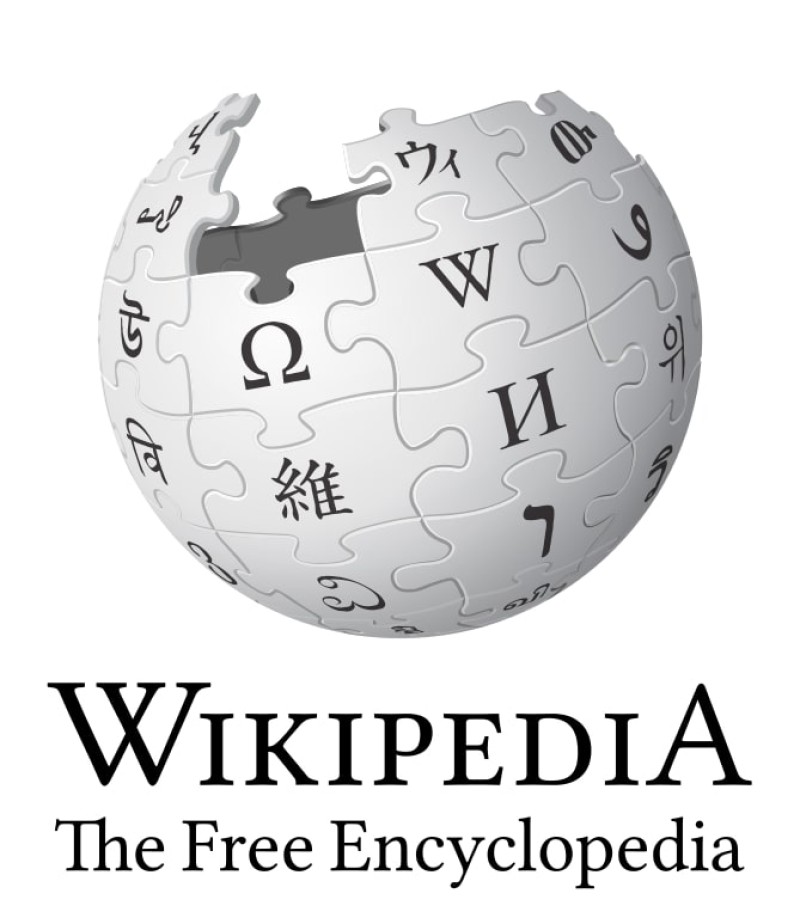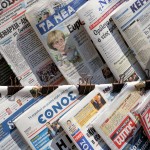The ban drew widespread criticism, with Amnesty International describing the move as “an unjustifiable restriction on the right to freedom of expression.”
Prime Minister Shehbaz Sharif ordered the free online encyclopedia to be immediately restored.
“Blocking the site in its entirety was not a suitable measure to restrict access to some objectionable content,” read the statement issued by Sharif’s office in Islamabad.
“The unintended consequences of this blanket ban, therefore, outweigh its benefits,” said a document issued by his office and tweeted by Information Minister Marriyum Aurangzeb.
Blasphemy carries the death penalty in conservative Muslim-majority Pakistan, where Facebook and YouTube have been banned in the past for publishing ‘blasphemous’ content. The sensitive subject has often provoked mob violence.
The Wikimedia Foundation welcomed the lifting of the ban on its encyclopedia so “that the people of Pakistan can continue to benefit from and participate in its growth within a global movement that strives to spread and share knowledge that is verified, reliable and free.”
“The Wikimedia Foundation believes that knowledge is a human right,” a statement on the foundation’s website said.
Legal experts estimated that over 230 million people were deprived of their constitutional right to freedom of information because the Pakistan government found certain content on Wikipedia objectionable.
“What this objectionable content was, we still do not know,” Rida Hosain, a human rights lawyer told OCCRP.
“After years of banning and unbanning digital platforms such as Facebook, YouTube, and TikTok, we seem to have learned nothing. Pakistan will succeed through empowering digital platforms, facilitating access to information for its citizens, and moving forward with the digital world,” she added.
Youtube remained blocked in Pakistan from 2012 to 2016 over blasphemous content on its website.
“It's about time some of our decision makers stop trying their hardest to take us back to the stone age. The future depends on it,” Hosain said.



